You may have heard that frequent snoring is a sign of sleep apnea. It’s true that snoring is one of the most common symptoms, but not everyone who has sleep apnea snores. And of course, not everyone who snores has sleep apnea.
An estimated 22 million Americans suffer from sleep apnea. This troublesome disorder, which may cause interrupted breathing repeatedly during sleep, can lead to serious even life-threatening complications.
What is Sleep Apnea?
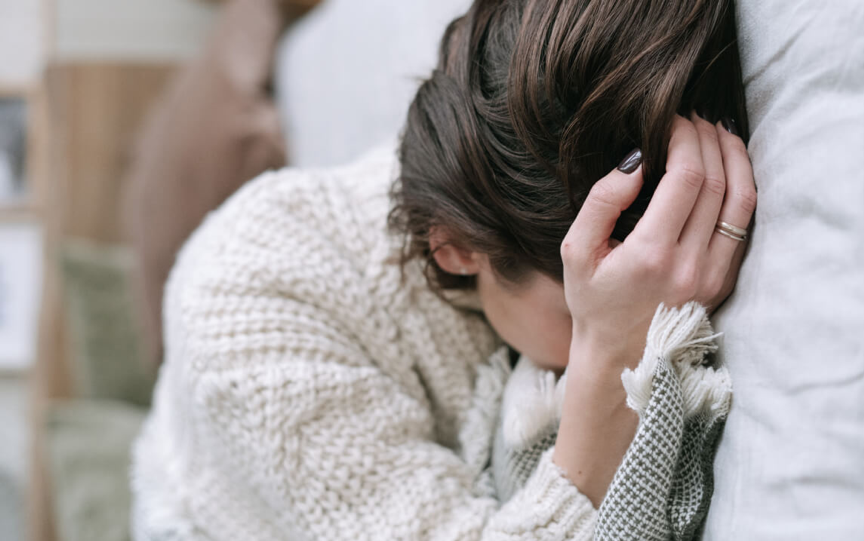
Sleep apnea is a sleep disorder in which breathing stops and starts repeatedly during sleep. Obstructive sleep apnea is the most common type, in which the muscles in the back of the throat fail to keep the airway open. This reduces or completely blocks airflow, breathing may pause for 20-30 seconds at a time and can occur several times each hour.
There are different types of sleep apnea, including:
- Obstructive sleep apnea
- Central sleep apnea
- Complex sleep apnea
What Are the Warning Signs of Sleep Apnea?
1.Dry Mouth and Sore Throat Upon Waking
Do you often wake up desperate for drinking some water? This can be caused by sleeping with your mouth open. If you’re having trouble getting enough air and end up breathing through your mouth to compensate. All of that gasping for air dries your throat tissues and can leave you a sore throat in the morning.
2. Morning Headaches
If you stop breathing hundreds of times throughout the night, you’ll probably feel bad when you wake up. Waking up frequently at nighttime caused by sleep apnea can trigger morning headaches.

3. Fatigue or Daytime Drowsiness
If you often wake up tired or experience daytime drowsiness, these could be signs of sleep apnea. Sleep apnea can interrupt your sleep many times throughout the night as your body struggles to take in oxygen. As a result, this could keep you from getting a good night’s sleep and make you sleepy throughout the day.
4. Loud Snoring
Sometimes snoring is just snoring, but frequent and loud snoring is often a sign of obstructive sleep apnea. Snoring occurs when the muscles at the back of the throat collapse. When air moves over them as you breathe, this results in that snore sound.
5. Waking Up Gasping
This is one of the most obvious symptoms. If you’ve ever woken up gasping or choking for breath, that is a sign you were experiencing a breathing obstruction caused by sleep apnea. This happens when you aren’t getting enough oxygen, which can lead to severe long term effects.
How to Treat Sleep Apnea?
Up to 90% of sleep apnea cases can go undiagnosed because people do not seek testing and diagnosis. Sleep apnea that goes undiagnosed will disrupt your life and even shorten it. If you suspect you may have sleep apnea, don’t wait to get help. To reduce the severity of sleep apnea, you can try to do these things:

- Change your sleep position so you’re not laying on your back.
- Lose weight if you’re overweight.
- Avoid alcohol or medications that make you sleepy.
- Stop smoking.
- Try nasal sprays or allergy medications to relieve congestion.
- Use a mouthpiece or dental appliance for mild cases, which can help keep your airways open.
- Have surgery, although avoiding this step until you have tried all other methods.
Conclusion
Sleep apnea is a common sleep disorder that can happen to anyone. Sleep apnea is caused by the interruption of breathing during sleep, and symptoms include snoring, choking or panting, insomnia, daytime fatigue and difficulty concentrating. Untreated sleep apnea can lead to serious health complications, so it’s important to recognize symptoms early and seek medical help.
Do you want to know more about sleep apnea? Try Mintal Tracker App to get more.
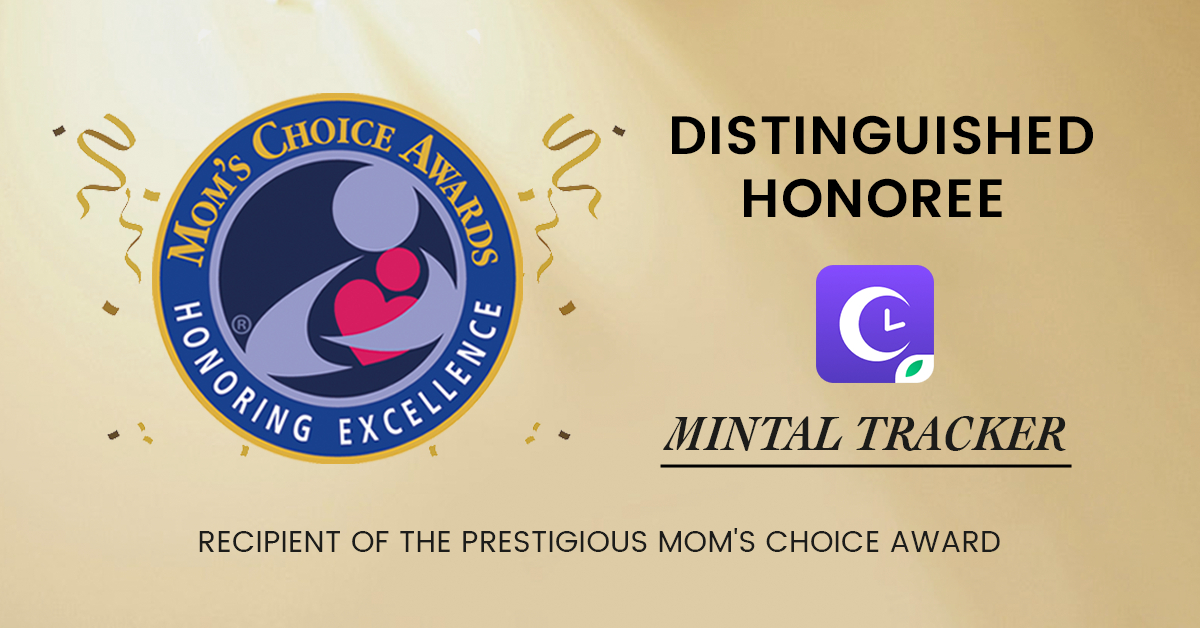
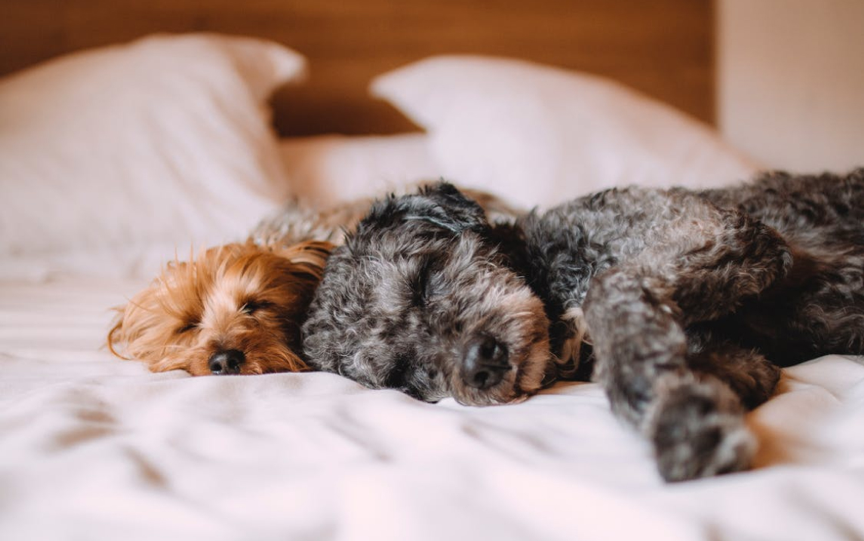
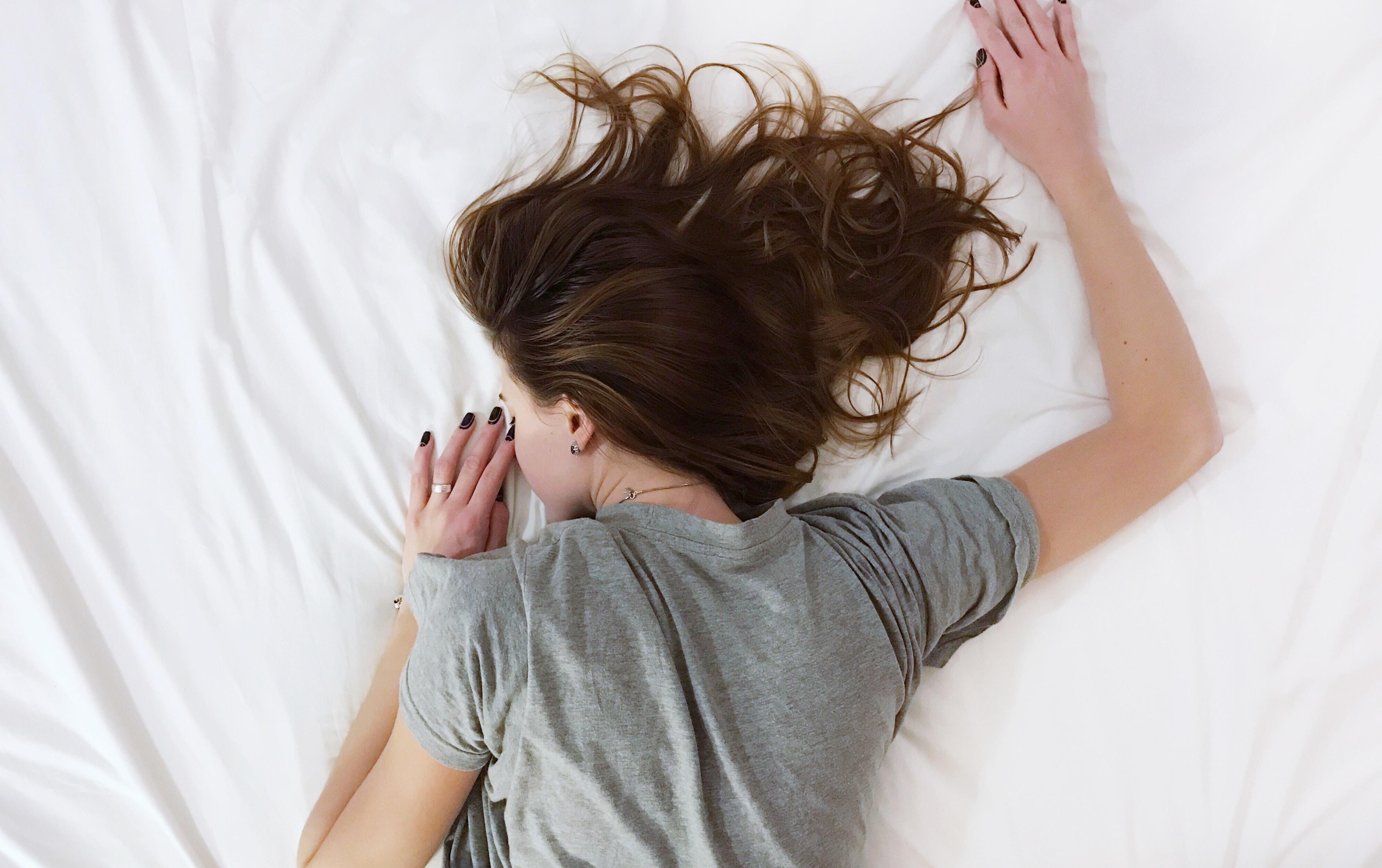
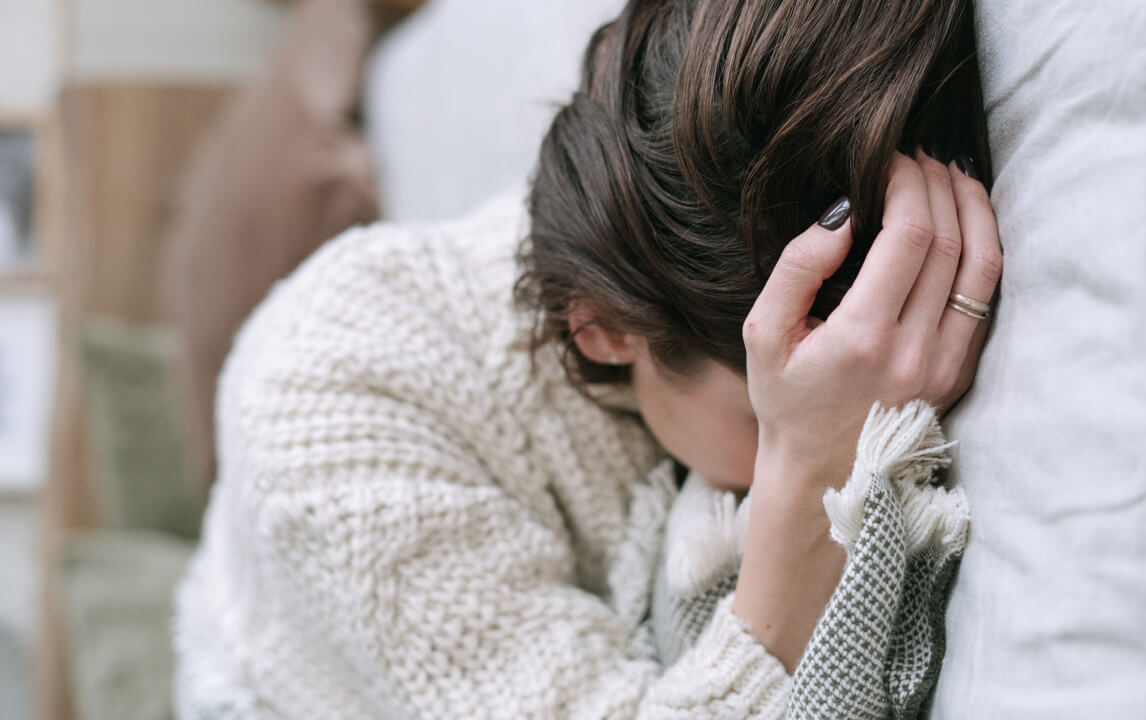

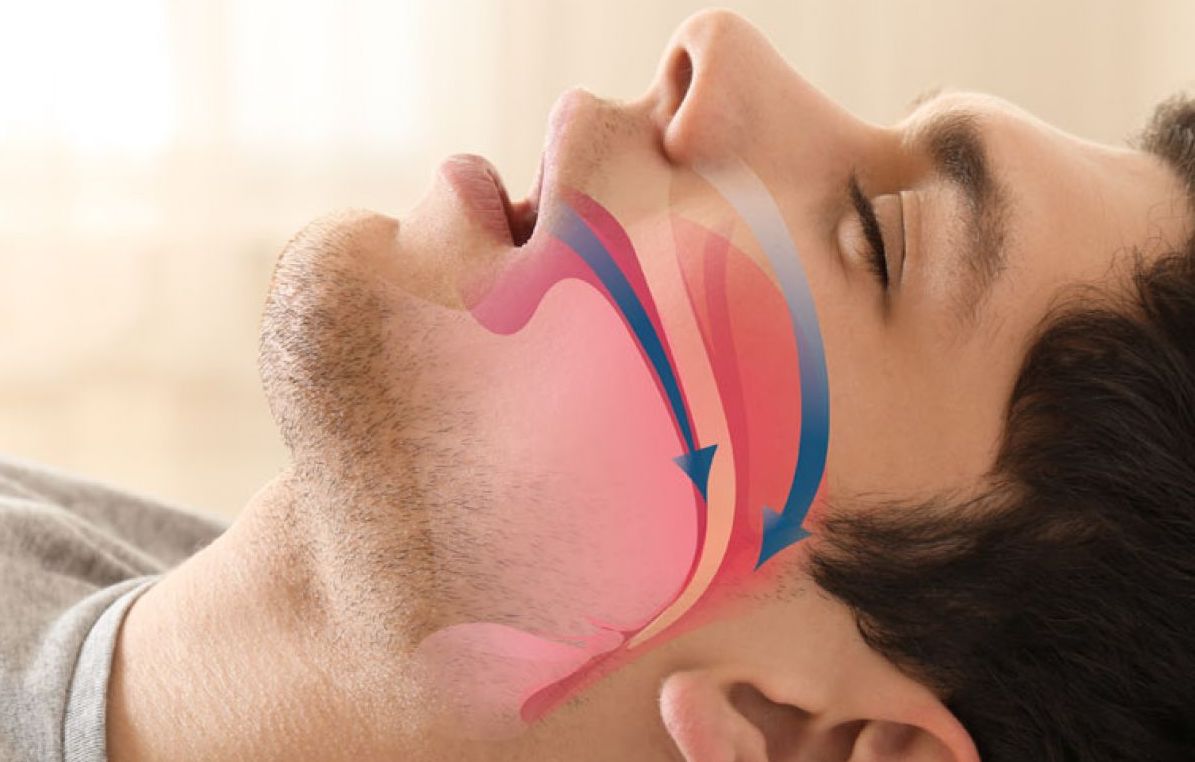
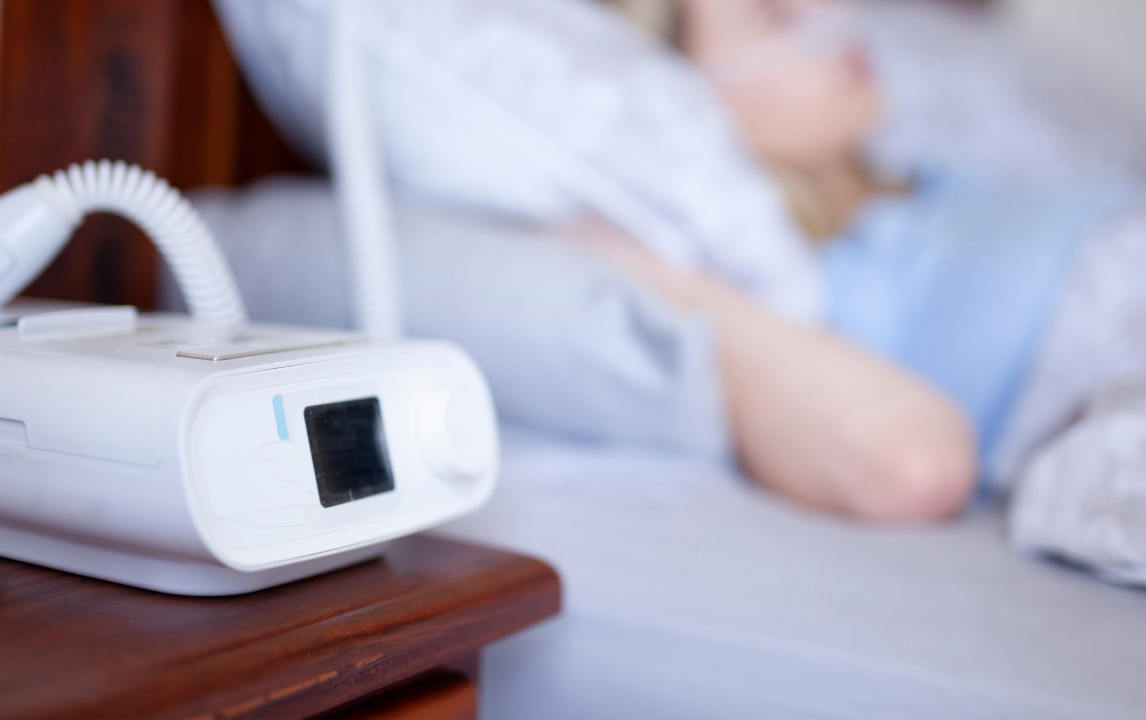
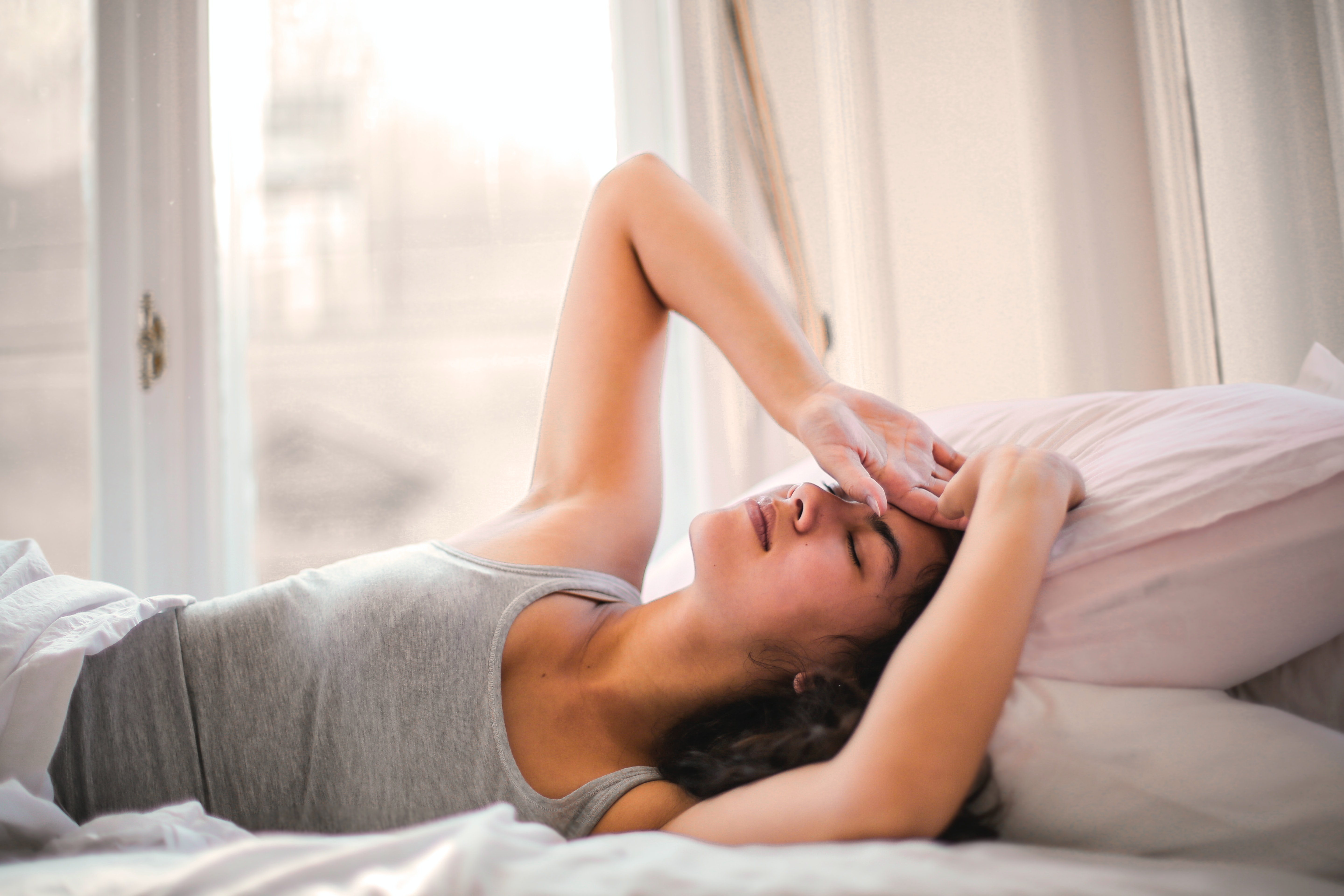

Wow, I never knew that sleep apnea is a disorder that could affect your daily routine because of accumulated fatigue. I heard that my aunt is having trouble working during the day recently for no reason. Perhaps she should get herself checked for this illness especially if she’s snoring a lot.
Hi there, thank you for giving us so much feedback.
We are sorry to hear that your aunt has been having trouble with her day job lately and that you can share your experience with her so that she has the opportunity to understand how she is sleeping. In the meantime, if you’d like to learn more about whether you’re at risk for apnea, snoring behavior, noises you make at night, and related solutions, feel free to download or stick with Mintal Tracker for sleep recording, and we hope this helps!
We will also continue our efforts to make Mintal help more people. If you have any experience you would like to share with us during use, or have any suggestions for the product, you are welcome to contact us via email (trackerhiclub@gmail.com) or the in-app feedback channel.